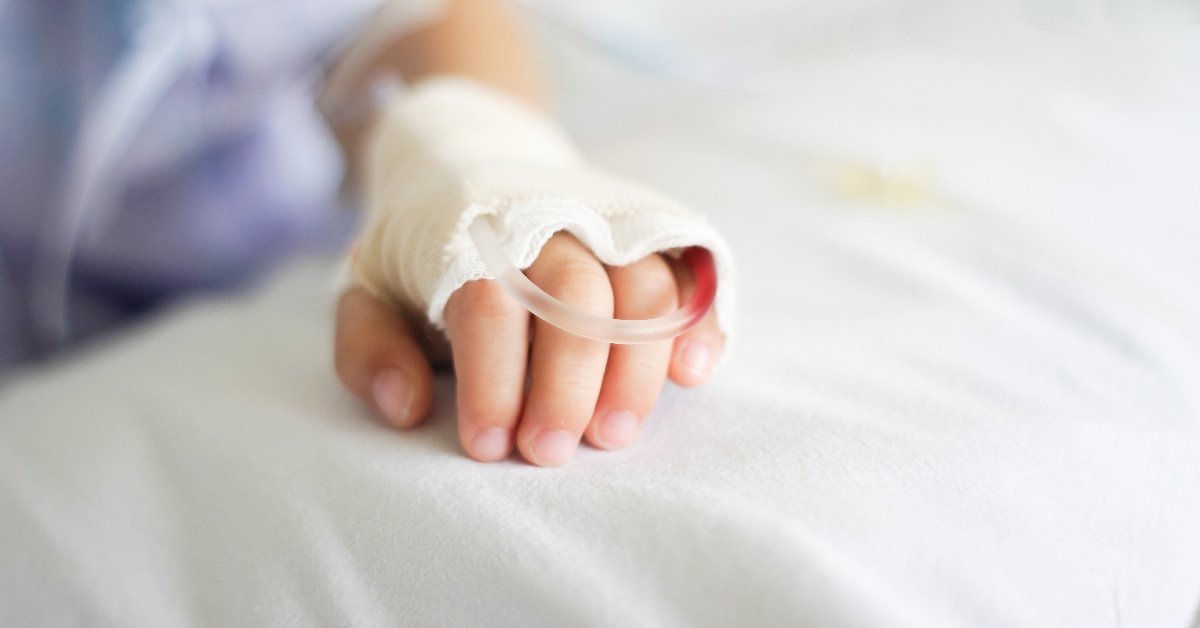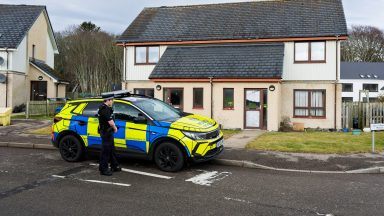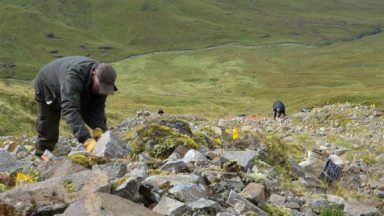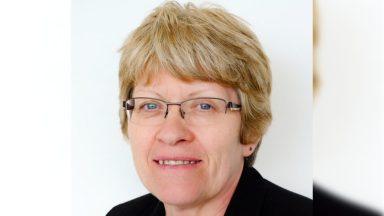A family whose child was taken into care after doctors suspected she was suffering from a “fabricated or induced” illness have lost a human rights claim against a health board.
The household, who haven’t been named, instructed lawyers to sue NHS Grampian in the Court of Session claiming that the actions of medics breached their human rights.
The relatives claimed that the actions in February 2018 of two doctors employed by NHS Grampian was unlawful. These medics were named in a judgement published on Thursday as being paediatric consultant in charge of the then two-year-old’s care – Dr Elma Stephens.
Her colleague – Dr Marianne Cochrane, the lead child protection consultant paediatrician in Grampian was also named.
Lawyers for the family claimed that the two doctors had wrongly concluded that the child, named in the determination as B, was the “victim” of a “fabricated or induced” illness.
The doctors opinions were formed because of the child’s “complex and unusual” medical history.
The court heard how when the girl was aged four months, she was prescribed a drug to treat suspected epilepsy. She also underwent a number of procedures in 2017 to fit a tube to allow feeding.
In February 2018, the child was admitted to Royal Aberdeen Children’s Hospital in the city severely ill with “profuse watery diarrhoea.” Doctors also found that her sodium levels were “dangerously high” and she remained in hospital for more than seven weeks.
A written judgement issued by the court tells of how during the time the child was in the hospital, her mother – who was identified by the letter X – stopped being involved in her care and the infant “quickly recovered” from her health issues.
The court heard that the opinions of the doctors were made clear to Orkney Islands Council – the local authority for the area where the family stayed.
Lawyers for the council then secured legal orders which caused the child to be taken into foster care.
In the case that called before judge Lord Braid at the Court of Session, X denied any wrongdoing in relation to her child. She said that her child’s symptoms were caused by the anti epilepsy medication and that the doctors “paid no attention” to her views.
Doctors called to give evidence to the case were of the opinion that the Aberdeen based medics didn’t carry out enough tests to address the possibility that the child was indeed suffering from a non inducted or fabricated illness.
The court heard how the child was returned to the care of X and her husband Y within the year. The child has “thrived” and there are no “further concerns” for her safety.
Lawyers for the family wanted Lord Braid to pass an order stating that the medics actions had breached the family’s rights under article eight of the European Convention on Human Rights.
The court heard that the breach occurred because the doctors had acted in error.
The family also sought damages.
However, in a written judgement issued by the court on Thursday, Lord Braid ruled against the family.
He said the evidence in the case showed that the doctors had acted reasonably in their assessment and in accordance with decisions made by judges sitting in the European Court of Human Rights in Strasbourg.
Lord Braid wrote: “When all of the foregoing is considered in the context of several other unusual aspects of the case – X’s refusal, documented in the records, to allow B to attempt to eat in the hospital; the finding of the syringe in a drawer; the occasional disconnect between what was said to different medical professionals; and for that matter the highly unusual nature of the diarrhoea in February 2018 – I find, on the basis of their evidence…. that the suspicions of Dr Cochrane and Dr Stephen were reasonably held, notwithstanding that the view was subsequently taken by others that they could not be proved.
“Applying the test laid down by the Strasbourg jurisprudence, the reasons adduced for the suspicions were relevant and sufficient, and proportionate to the aim of protecting B’s health and well-being.
“The views were appropriately passed on to the local authority. Since nothing happened between February and March 2018 giving cause for the doctors to change their views, and B’s complete recovery from all reported conditions tended to confirm rather than confound their original suspicions, it was reasonable for the doctors to maintain their suspicions as at the end of March 2018 and for Dr Cochrane to express her opinion in the way that she did.
“Their interference with the pursuers’ article 8 rights was, therefore, necessary.”
The judgement also tells of the steps taken by the authorities to maintain contact between the family and the child.
Speaking about the process experienced by the family, Lord Braid added: “That is not to underplay the enormity of the process visited on the pursuers, ultimately to no purpose, when their family was fractured for the best part of a year: what happened to them must be every parent’s worst nightmare.
“Nonetheless, the process was, as a whole, fair and in accordance with their article 8 rights. All of the decisions were taken by a judicial body, be that the sheriff or the children’s hearing.
“Moreover, steps were taken to ameliorate the harm to B by being removed from her family, in as much as she was returned to the care of Y within a reasonable period of her removal from X and measures were put in place to maintain contact with X; and the pursuers of course were all able to resume their family life within a year of B having been removed.
“Although in that regard, the story has a happy ending, I do not underestimate the trauma experienced by the pursuers, and X in particular, during the year in question.”
Follow STV News on WhatsApp
Scan the QR code on your mobile device for all the latest news from around the country


 iStock
iStock
























